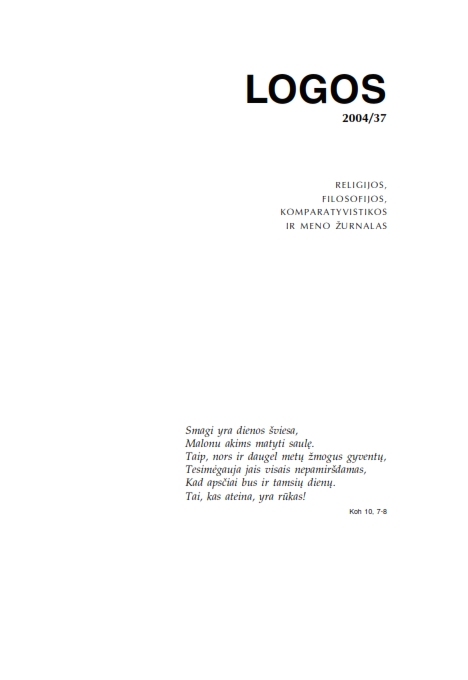Marxo ir Engelso visuomeninės pažinimo teorijos link ir aplink
The Social Theory of Knowledge According to Marx and Engels
Author(s): Aivaras StepukonisSubject(s): Epistemology, Logic, Social Philosophy, Analytic Philosophy, Marxism, Social Theory
Published by: Visuomeninė organizacija »LOGOS«
Keywords: Logic; dialectical materialism; philosophy; epistemology; economics; ideology;
Summary/Abstract: The social theory of knowledge developed by Marx and Engels is unfolded in three steps: (1) by explaining the meaning of dialectic as a form both of thinking and of being; (2) by discussing the anthropological and historical materialism that pervades the original Marxist epistemological perspective; (3) by presenting Marx’s and Engels’ belief that the material means and relations of production determine the existence of society in all respects; (4) by isolating the multiple senses of ideology as they occur in the writings of Marx and Engels and by discussing the various methods of unmasking the hidden agendas of ideologies. Throughout the article, a clear and sympathetic exposition of Marxist social epistemology is combined with an insightful and playful criticism of several inconsistencies that the author of the article finds in Marx’s and Engels’ accounts of things.
Journal: LOGOS - A Journal of Religion, Philosophy, Comparative Cultural Studies and Art
- Issue Year: 2004
- Issue No: 37
- Page Range: 55-67
- Page Count: 13
- Language: Lithuanian

